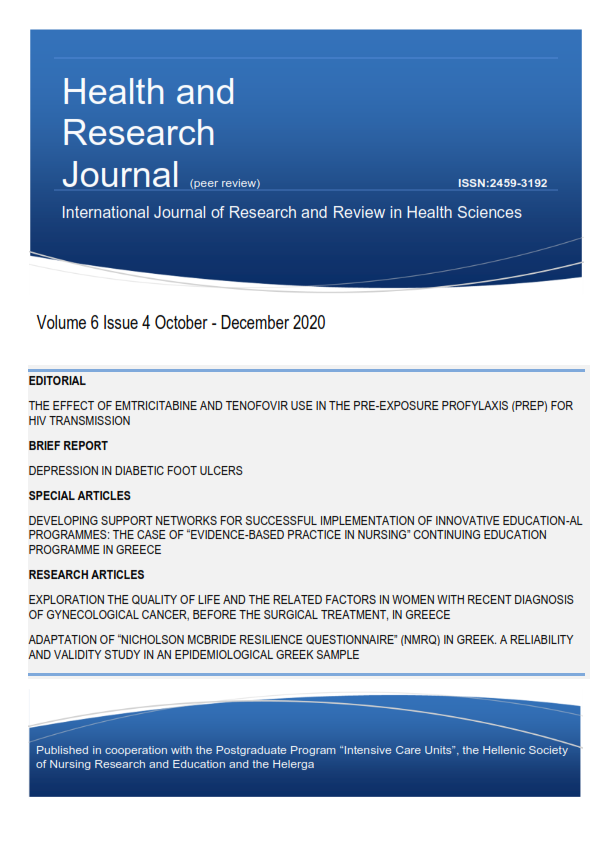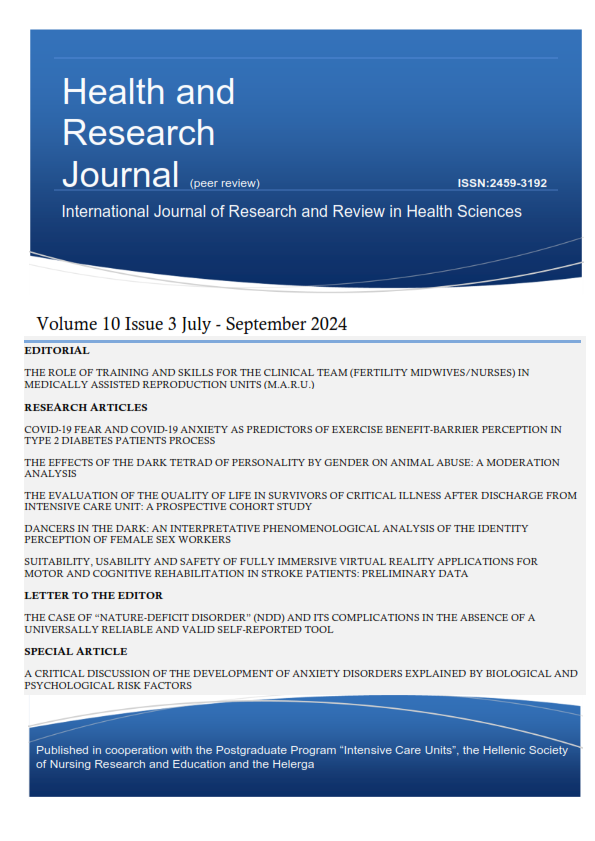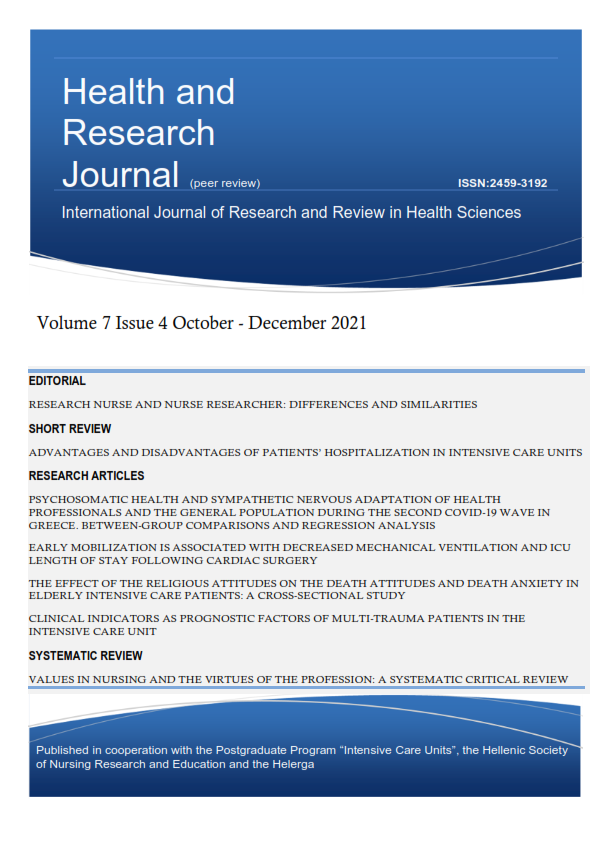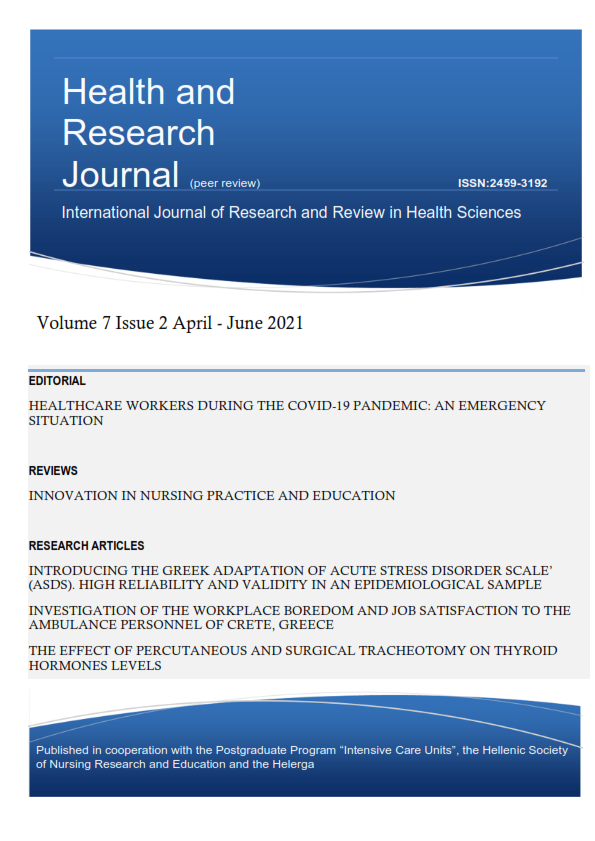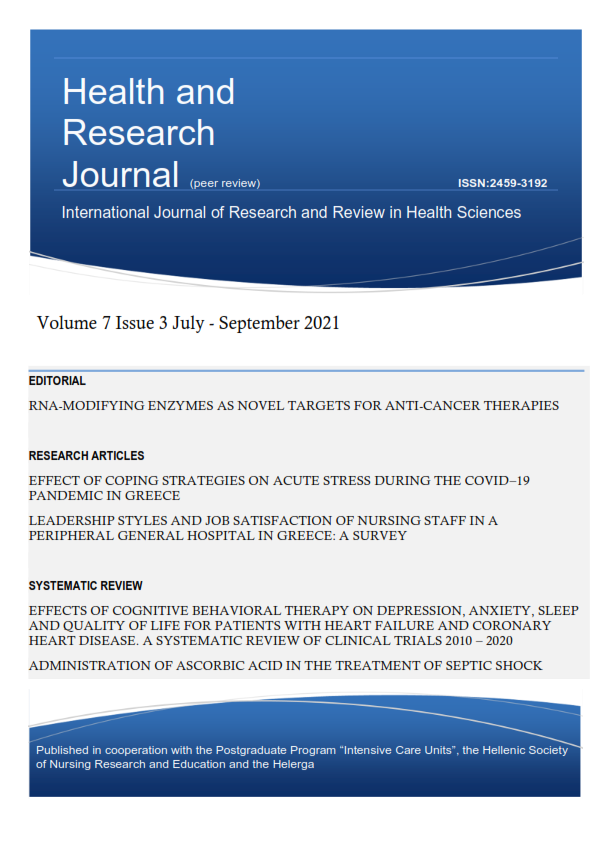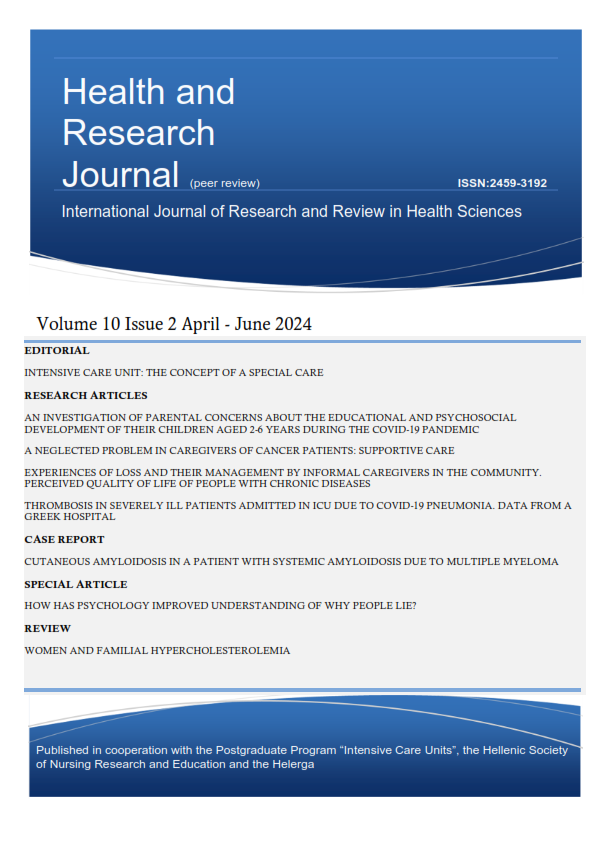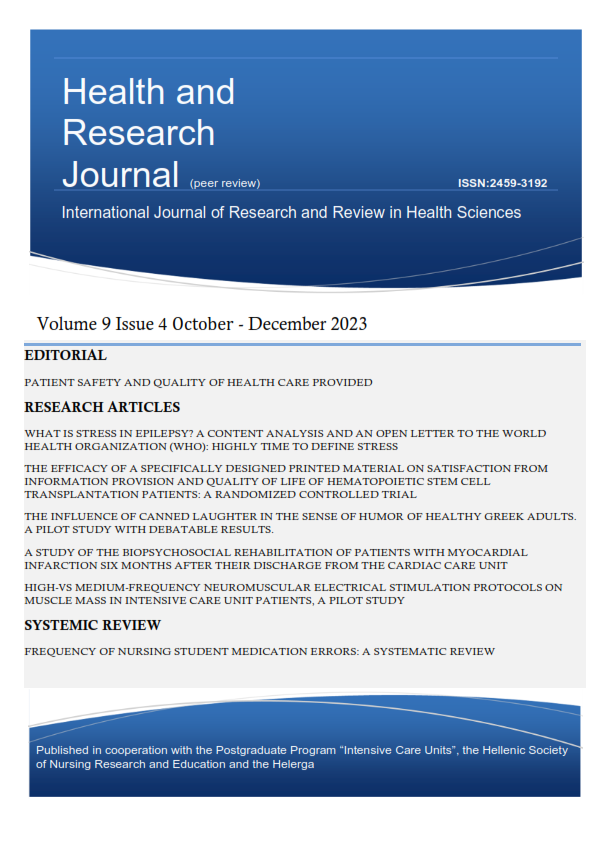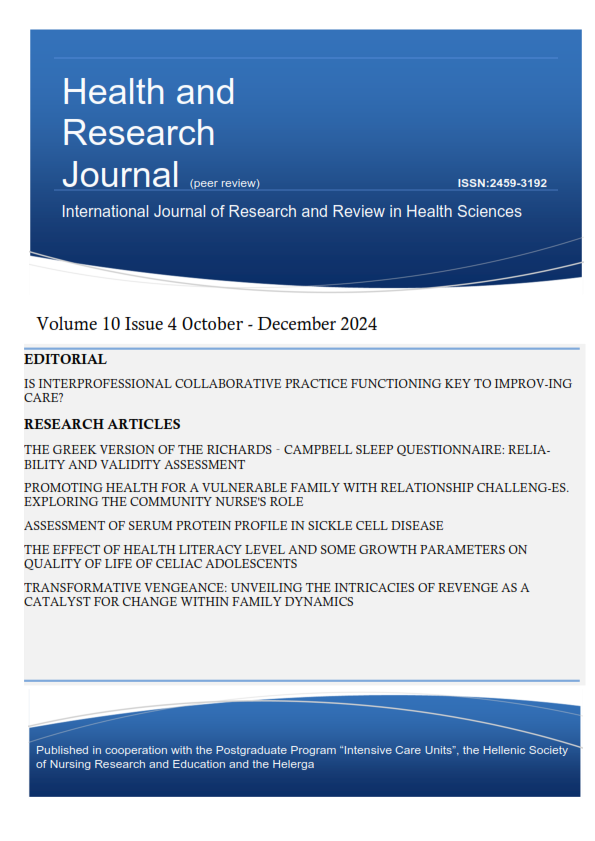Evaluating and comparing the efficacy of the ‘trans-theoretical model’ and ‘theory of planned behavior’ on smoking cessation. A systematic review of the current literature
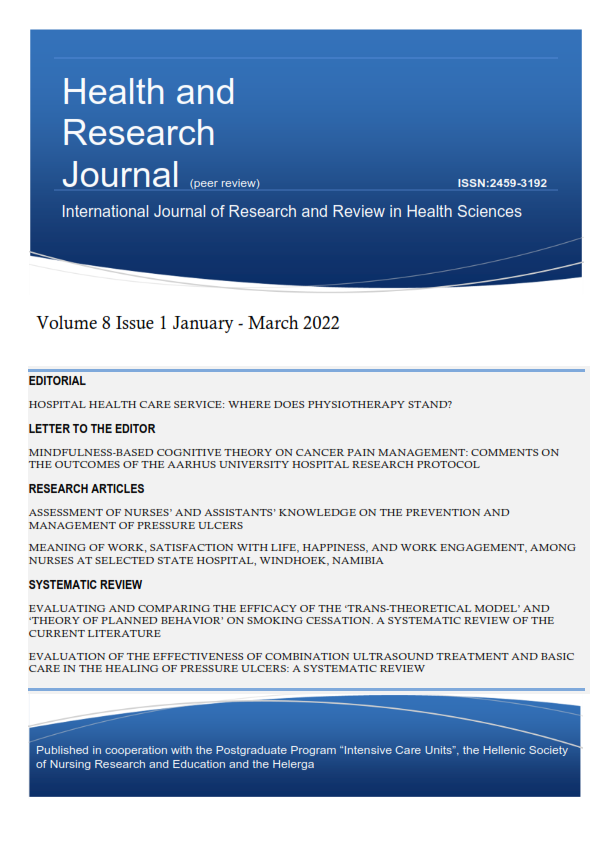
Abstract
Introduction: Smoking has been a deadly and disease-linked hazardous habit worldwide, resulting in overall decrease in quality of life. Global numbers are growing and aims on reduction are not met. The application of ‘Trans-Theoretical’ (TTM) and ‘Theory of Planned Behavior’ (TPB) models on smoking may provide assistance on reduction and maintenance.
Aim: Therefore, a systematic review of the current literature took place in order to evaluate and compare the efficacy of TTM and TPB against smoking. The outcome may assist field practitioners in their designs and practice.
Methods: An electronic research was conducted in 5 electronic databases. 3,871 initial titles were located and retrieved. The titles retrieved were then accessed using inclusion/exclusion criteria and then were evaluated using 10 main criteria to answer and meet the research aims.
Results: Research for titles resulted in the inclusion of 10 studies, of which 5 used TTM and 5 TPB as a behavior change model on smoking cessation. The quality and efficacy of papers was almost identical, while only one out of the overall 10 studies was efficient on smoking cessation.
Conclusion: The review may provide some strong implications on low efficacy for both TTM and TPB, while there might be a need for new change-of-behavior models against smoking.Practitioners who design individual interventions against smoking may have to seek for alternative to TTM and TPB models of behavior change.
Article Details
- How to Cite
-
Pilafas, G., Strongylaki, N. P. ., & Menti, D. (2022). Evaluating and comparing the efficacy of the ‘trans-theoretical model’ and ‘theory of planned behavior’ on smoking cessation. A systematic review of the current literature. Health & Research Journal, 8(1), 35–49. https://doi.org/10.12681/healthresj.29194
- Section
- Systematic Reviews
Copyright notice:
Authors retain copyright of their work and grant the Health and Research Journal the right of first publication.
License:
Articles are published under the Creative Commons Attribution 4.0 International License (CC BY 4.0). This license permits use, sharing, adaptation, distribution, and reproduction in any medium or format, including for commercial purposes, provided that appropriate credit is given to the author(s) and the original publication in this journal, a link to the license is provided, and any changes are indicated.
Attribution requirement:
Any reuse must include the article citation and DOI (where available), and indicate if changes were made.



